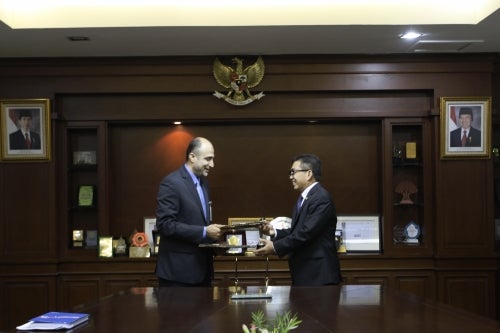When natural disasters hit, like the devastating tsunami that hit Indonesia in late 2004, it is often the most vulnerable and those least able to withstand shocks who are most affected. Those who are living on the edge of poverty and without a safety net of any sort are often driven into abject poverty as a result. Even those in better circumstances such as those considered middle class are not able to withstand devastating losses without descending into poverty themselves. The insurance and pension industry help provide safety nets that keep losses from being overwhelming, which allow people to rebuild their lives following disasters, and help people to build an protect prosperity. For the insurance industry, actuaries develop, price and manage insurance products like life, health, property, and casualty insurance. They also help to define and create pension and retirement plans. Without actuaries or without enough actuaries, the ability of poor and middle income people to access insurance, pensions and retirement plans is compromised. That is the situation in Indonesia which sits on the ring of fire, highly vulnerable to natural disasters, affected by climate change, and which needs to ensure continued economic growth and stability for millions of people. The Risk Management, Economic Sustainability and Actuarial Science in Indonesia (READI) project successfully helped build a path away from poverty and towards sustainable economic growth by helping to build the capacity of universities in Indonesia to train actuaries who now work towards these goals.

Global Affairs Canada

Risk Management, Economic Sustainability and Actuarial Science Development in Indonesia (READI) Project undertaken with the financial support of the Government of Canada provided through the Department of Global Affairs Canada (GAC).